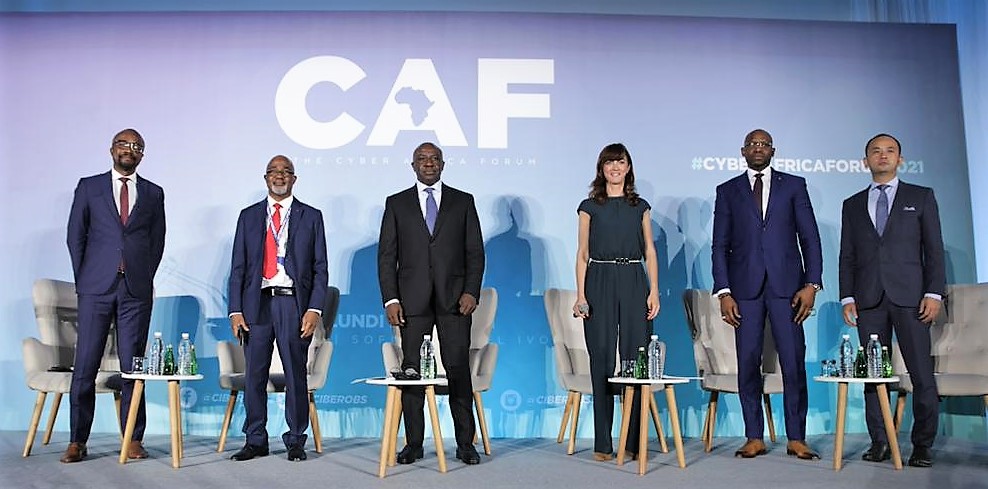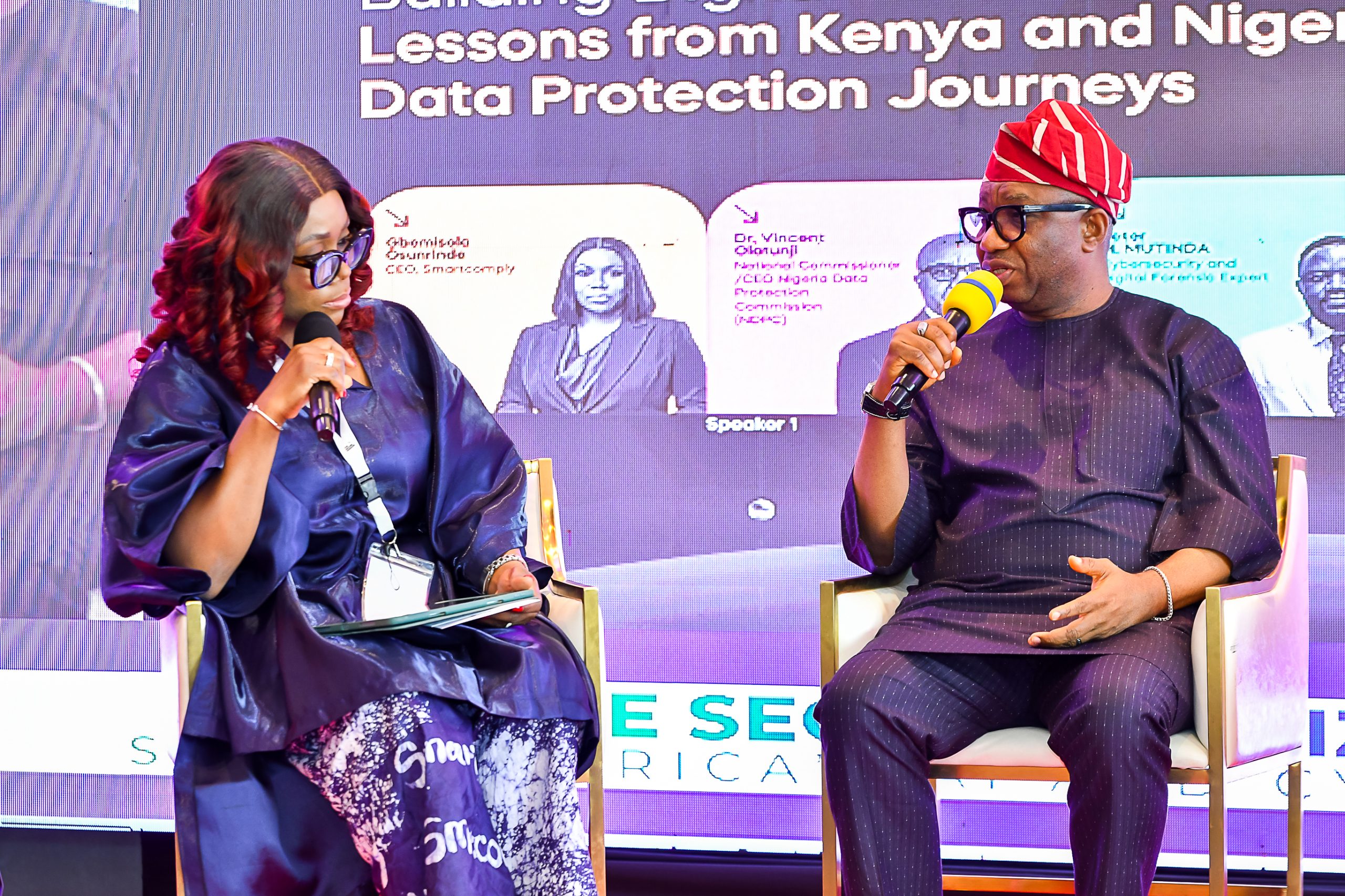As African businesses grow in number and reach, the importance of cybersecurity in Africa must be reiterated. More Africans are coming online, increasing the continent’s contribution to the global economy, and everyone from businesses to governments and individuals must learn to protect their data and digital sovereignty.
Globally, businesses lose about $1 trillion per annum to cybercrime. From ransomware attacks and phishing scams, to cryptojacking and malware, cybersecurity threats are on the rise as the world moves to become a “global village”.
African countries are often erroneously tagged as the countries where most cybercrimes originate from, but this has consistently been proven false. China, Russia, Brazil, India, and the United States have repeatedly topped the charts, and only 1 African country—Nigeria—has frequently made some of these lists.
Although many African countries might not have the largest cybersecurity threats, they are still at risk of cyberattacks. Interpol’s Africa Cyberthreat Assessment Report states that over 90% of businesses on the continent are operating without the necessary cyber security protocols in place. In 2021, cybercrime reduced GDPs across Africa by 10%, resulting in a $4 billion loss. The top 5 cyber threats are online scams, digital extortion, business email compromise or BECs, ransomware, and botnets, and most were distributed through emails. Over 679 million cybercrime-related emails were detected last year alone—with 219 million of this emanating from South Africa.
As these threats grow, so do the development of cybersecurity organisations like Ciberobs, an Ivorian cybersecurity firm providing analysis, information, and tools for governments and businesses. Ciberobs also hosts an annual cybersecurity conference—Cyber Africa Forum (CAF)—where decision-makers across sectors gather to highlight the cyber threats facing Africa, and how to address them.
In preparation for the second edition of CAF scheduled to hold in Abidjan on May 9 and 10, TechCabal held a conversation with founder and Managing Partner Franck Kié to underline the importance of events like CAF.
Timi Odueso: How did Ciberobs start?
Franck Kié: Well, I had my Masters’ in cybersecurity. I remember I was doing a research paper and project on cybercrime in Cote d’Ivoire and I couldn’t find the data I needed. So I put up keyword alerts on the internet and found an old article with all the data. That journey—searching for and finding the data—is what really brought about Ciberobs. On a more personal level, I’ve always really been interested in bringing my contribution to make Africa safer. As a kid, I grew up seeing political unrest all around Côte d’Ivoire, and I always wanted to make Africa safer, one way or the other. When I had the chance to switch careers from business to cybersecurity, I took that chance, and I haven’t looked back since.
TO: Since Ciberobs founding in 2019, have you found any trends across regions? Are there some countries taking cyber security more seriously?
FK: I wouldn’t say that some regions are doing better than others, but we could say that for countries, some of which are doing better than others. Kenya, and East Africa in general, is making a lot of advancement, partly due to the growth of the mobile money industry. There are also other countries that are more advanced because they need the economic advantage; there’s danger and risk at stake, and they need to tackle it. Countries like Morocco, Mauritius, Kenya, Togo, South Africa, and even Côte d’Ivoire are definitely putting cybersecurity at the top of their lists. And Côte d’Ivoire, for example, is taking it quite seriously because we’ve been on the receiving end of global financial restrictions brought on by growing cybercrime in the country. Up until a few years ago, it was forbidden to send money, through Western Union, to Canada from Côte d’Ivoire.
TO: Hmm. Interesting. What advancements have been made since then to help curb these restrictions?
FK: Awareness is the biggest advancement we’re making now. People need to know about these cybersecurity risks. At Ciberobs, a lot of our work focuses on awareness and sensitisation. We write news, articles, and host webinars on cybersecurity. We’re also planning to go to schools and universities to carry out these awareness programmes. Our biggest activity, however, is the Cyber Africa Forum event which we launched last year. In that first edition, we had over 700 attendees representing 60 countries, and we held roughly 150 meetings during the whole run.

TO: Wow, was there a resolution made in the first edition?
FK: No, there wasn’t. Last year was really about promotion and awareness. We wanted governments to know the importance of taking more measures in order to improve cybersecurity. Last year was more like a sub-regional event. This year, we’re going bigger. We’re having delegations from ministries from Kinshasa, and Brazzaville; and top cybersecurity leaders from companies like Huawei, Ecobank, Deloitte, Orange Bank, Kaspersky, and PwC. What we’re really looking forward to doing this year is facilitating discussions that will highlight information and solutions to cybersecurity issues for decision-makers across sub-Saharan Africa.
If you’d like to be a part of the conversation at CAF register for free here. The programme will take place in Abidjan, Côte d’Ivoire, on May 9 and 10, 2022.
Did you enjoy this article? Please share it with your network on Twitter, WhatsApp, LinkedIn, Facebook or Telegram.




















